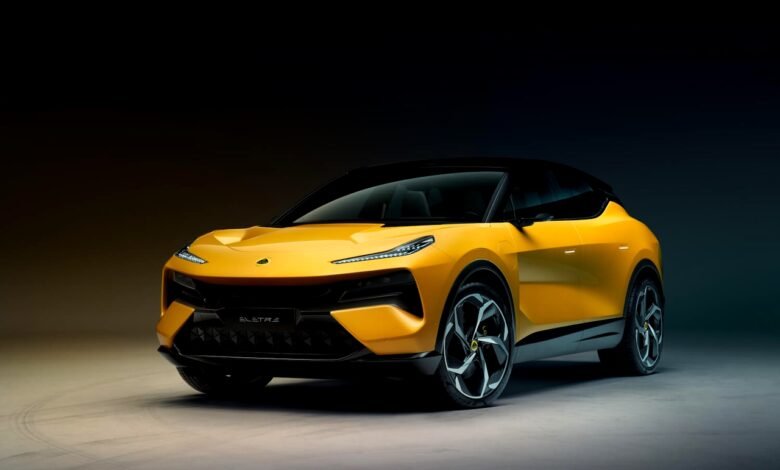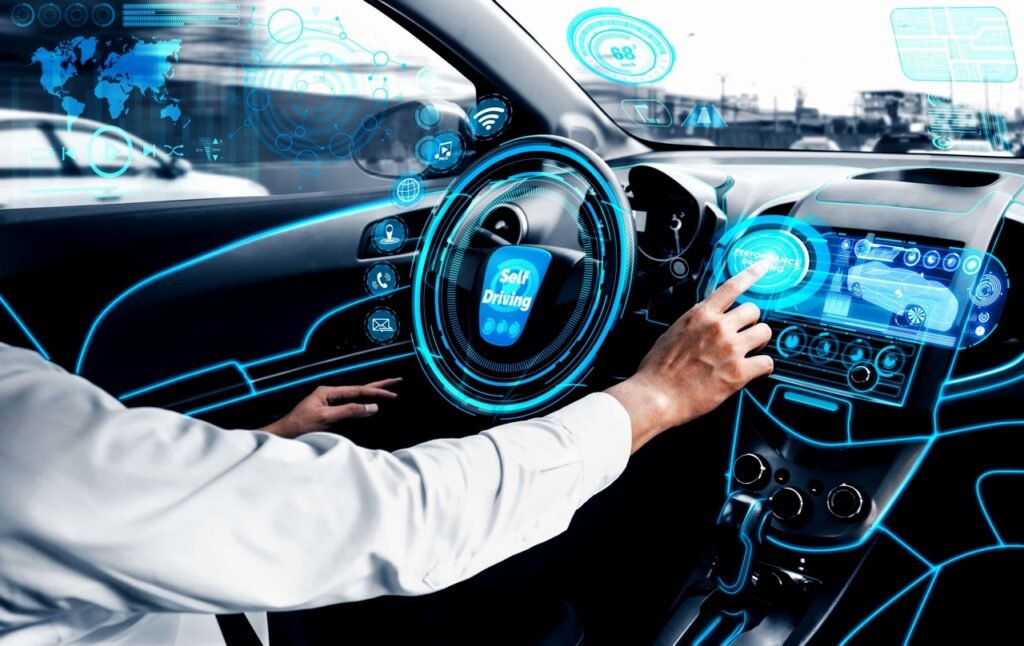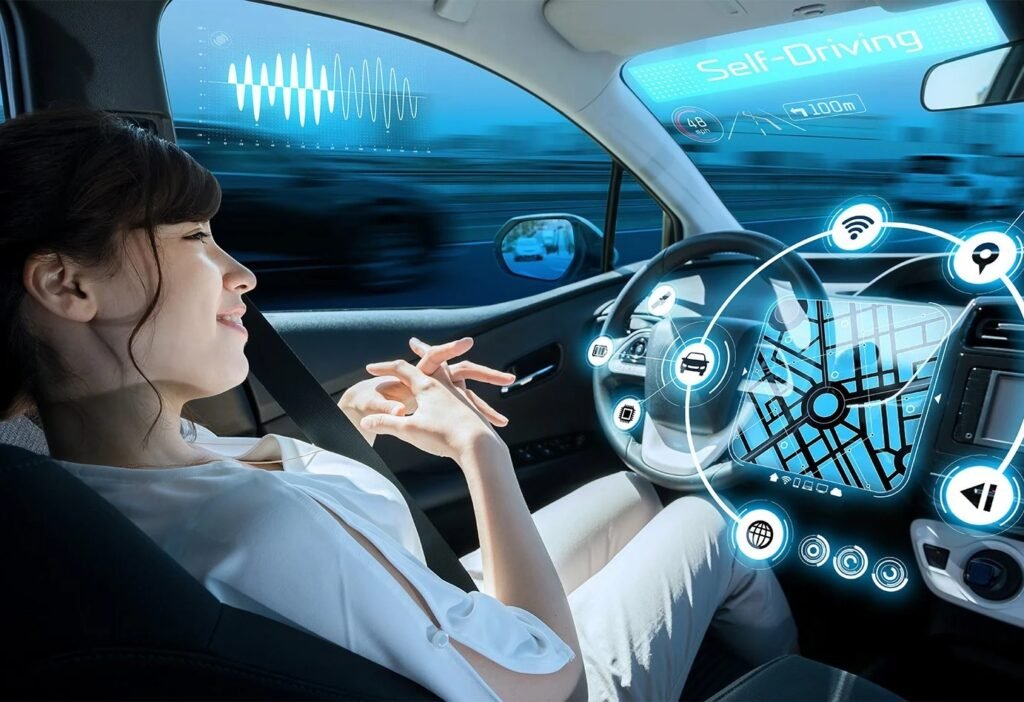Will Electric Cars Create a Cleaner Planet?

Electric cars have emerged as a promising solution to mitigate the adverse effects of traditional gasoline-powered vehicles on the environment. As concerns about climate change and air pollution continue to grow, the demand for eco-friendly transportation options has increased. Electric vehicles (EVs) offer an alternative that has the potential to create a cleaner planet. In this article, we will explore the environmental benefits of electric cars, their impact on reducing greenhouse gas emissions and air pollution, the conservation of natural resources, integration with renewable energy sources, and more.
Read More: Top 7 Technologies Transforming Energy In 2023
The Rise of Electric Cars
Over the past decade, the automotive industry has witnessed a significant rise in the popularity of electric car. Technological advancements, coupled with the increasing awareness of environmental issues, have fueled this shift towards cleaner transportation options. Major automobile manufacturers are investing heavily in electric vehicle production, contributing to a wider range of affordable and efficient EV models.
Environmental Benefits of Electric Cars

Reducing Greenhouse Gas Emissions
One of the most critical advantages of electric car is their potential to reduce greenhouse gas emissions. Traditional internal combustion engines emit carbon dioxide (CO2) and other greenhouse gases that contribute to global warming. In contrast, electric vehicles produce zero tailpipe emissions, significantly lowering their carbon footprint.
Decreasing Air Pollution
Electric cars do not emit harmful pollutants like nitrogen oxides (NOx) and particulate matter, which are major contributors to air pollution. As concerns about climate change and air pollution continue to grow, the demand for eco-friendly transportation options has increased. By transitioning to electric vehicles, we can improve air quality in urban areas and reduce respiratory and cardiovascular health issues caused by polluted air.
Conservation of Natural Resources
Electric cars offer a pathway to reduce our dependence on finite fossil fuels. With the increasing demand for gasoline, tapping into renewable electricity sources for transportation reduces the strain on oil reserves and preserves these valuable resources for future generations.
Renewable Energy Integration
Electric vehicles align perfectly with the growing adoption of renewable energy sources. As we shift towards sustainable energy production, EVs can act as energy storage units, allowing excess energy generated from renewable sources to be stored and used during peak demand periods.
Improving Energy Efficiency
Electric cars are inherently more energy-efficient compared to conventional vehicles. Internal combustion engines waste a significant amount of energy as heat, whereas electric motors convert a higher percentage of energy from the grid to power the vehicle, resulting in reduced energy consumption.
Charging Infrastructure Development
To encourage the widespread adoption of electric car, the development of a robust charging infrastructure is crucial. Governments and private companies are investing in charging stations across cities, highways, and public spaces, making it convenient for EV owners to charge their vehicles.
Economic Advantages of Electric Cars
Electric vehicles offer several economic benefits. They require less maintenance than traditional cars since they have fewer moving parts. Additionally, as battery technology improves and production scales up, the cost of manufacturing electric car is expected to decrease, making them more affordable for consumers.
Government Initiatives and Incentives
Many governments around the world are actively promoting the adoption of electric vehicles through various incentives. These include tax credits, rebates, reduced registration fees, and access to carpool lanes. Such initiatives aim to accelerate the transition to cleaner transportation and reduce greenhouse gas emissions.
Overcoming Challenges
While electric cars hold great promise, some challenges need to be addressed for wider adoption. These include the limited driving range of some EVs, the availability of charging infrastructure in rural areas, and the environmental impact of battery production and disposal.
Battery Technology Advancements
Battery technology is a key area of research and development for electric vehicles. Advancements in battery chemistry and design are leading to longer driving ranges, faster charging times, and safer, more sustainable batteries.
Electric Cars and the Future

As technology continues to improve and economies of scale drive down costs, electric cars are expected to become more accessible to consumers worldwide. With a greater share of EVs on the road, we can expect substantial reductions in greenhouse gas emissions and air pollution.
Read More: Self-Driving Cars: Navigating the Road to Autonomy
FAQs
- Are electric cars better for the environment? Yes, electric cars produce zero tailpipe emissions and are better for the environment compared to traditional gasoline-powered vehicles.
- How far can electric cars travel on a single charge? The driving range of electric cars varies, but modern EVs can typically travel between 150 to 370 miles on a single charge.
- Are there enough charging stations for electric cars? Charging infrastructure is continually improving, with an increasing number of charging stations being installed in urban areas and along highways.
- Do electric cars cost less to maintain? Yes, electric cars generally have fewer moving parts, resulting in lower maintenance costs compared to conventional vehicles.
- Are governments offering incentives for buying electric cars? Many governments provide incentives such as tax credits, rebates, and reduced fees to promote the adoption of electric vehicles.
Conclusion
Electric cars offer a promising solution to create a cleaner planet. By transitioning from fossil fuel-powered vehicles to electric vehicles, we can significantly reduce greenhouse gas emissions, improve air quality, conserve natural resources, and integrate with renewable energy sources. Government support, technological advancements, and consumer adoption are all vital elements in accelerating this positive change toward a greener future. Electric cars present a viable and sustainable solution to reduce the environmental impact of transportation. By embracing this technology and supporting the necessary infrastructure, we can pave the way toward a cleaner and greener planet for future generations.








One Comment